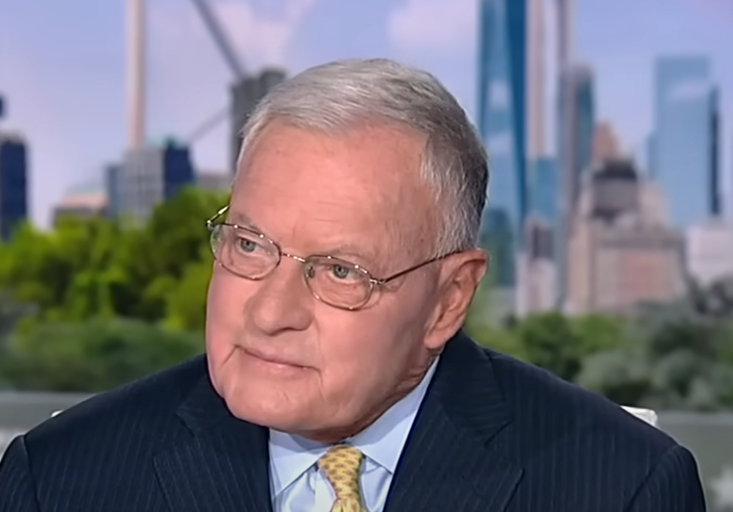In a world where tensions are always high, especially in the Middle East, it’s not often that we see a move that could change the course of history. But that’s exactly what happened when Israel launched a preemptive strike against Hezbollah. This bold action, while controversial to some, might have saved the world from plunging into a third world war.
The Stakes Were High
For those who have been following the situation in the Middle East, it’s no secret that the region is a tinderbox, just waiting for a spark to ignite it. Hezbollah, the militant group backed by Iran, has long been a thorn in Israel’s side. They’ve been stockpiling missiles, ready to rain destruction down on Israel at any moment. And this wasn’t just a few missiles—they were talking about launching thousands of them. The sheer number of these weapons posed a grave threat, not just to Israel, but to the entire region.
Had Hezbollah launched those missiles, the loss of life would have been catastrophic. The damage to Israel’s infrastructure would have been immense, forcing Israel into what’s known as a “disproportionate response.” This means that Israel would have had to retaliate with overwhelming force, likely leading to a full-scale war. A war that wouldn’t have been confined to Israel and Hezbollah but would have dragged in neighboring countries, and potentially, world powers.
A Smart Move by Israel
Israel’s preemptive strike was more than just a military action; it was a strategic masterstroke. By hitting Hezbollah before they could launch their attack, Israel reset the battlefield. They prevented what could have been the third Israeli-Lebanese war and, in doing so, may have saved countless lives.
General Keith Kellogg, a seasoned military expert, praised Israel’s decision, calling it “smart” and “important.” According to Kellogg, this strike put Hezbollah on their back foot, making it much harder for them to carry out their plans. Not only did it disrupt their operations, but it also sent a clear message to their backers in Iran: Israel will not sit back and wait to be attacked.
The U.S. Response: Where Was It?
While Israel was taking decisive action to protect its people and the region, where was the United States? Unfortunately, our leadership was mostly absent. President Biden and Vice President Harris have been noticeably disengaged from this crisis. Harris, in particular, raised eyebrows when she snubbed Israeli Prime Minister Netanyahu during his visit to Washington, a move that did not go unnoticed.
Meanwhile, Secretary of State Antony Blinken has been to the region nine times, yet there’s still no ceasefire. And where was National Security Advisor Jake Sullivan? Instead of being in the Middle East, he was in China, focusing on a different set of issues. This lack of attention and support from the U.S. left a gap—a gap that adversaries like Iran and Hezbollah are all too eager to exploit.
What Comes Next?
Israel’s actions may have prevented a full-scale war for now, but the threats are far from over. Hezbollah remains a significant danger, and Iran continues to support them. The region is still volatile, and without strong leadership and clear support from allies like the United States, the situation could escalate again.
General Kellogg made it clear that the U.S. needs to take a firm stance. We must unequivocally back Israel, making it known to the world that we stand with our allies. There is no room for ambiguity. When the lines are blurred, our enemies see an opportunity, and they won’t hesitate to take it.
Final Thoughts
Israel’s preemptive strike was a necessary and courageous move that likely prevented a third world war. But the job isn’t done. The threats are still out there, and it’s going to take strong, decisive action to keep them at bay. The U.S. must step up and clearly show where we stand. If we don’t, we might not be so lucky next time.
We’d love to hear your thoughts! Please comment below.
Jimmy
h/t: Steadfast and Loyal


Leave a Comment